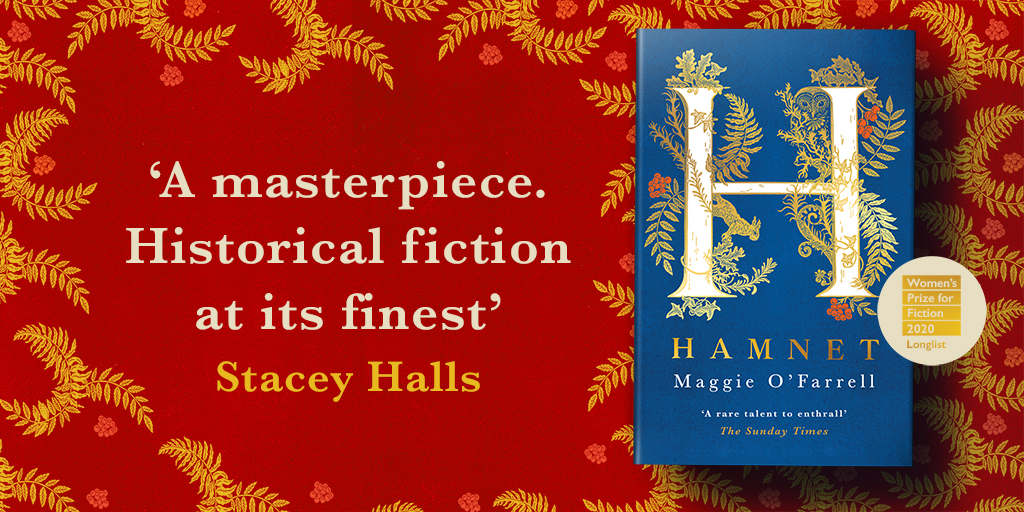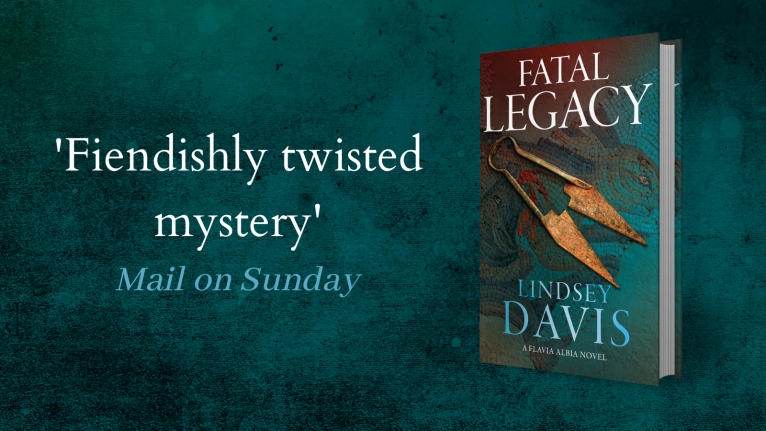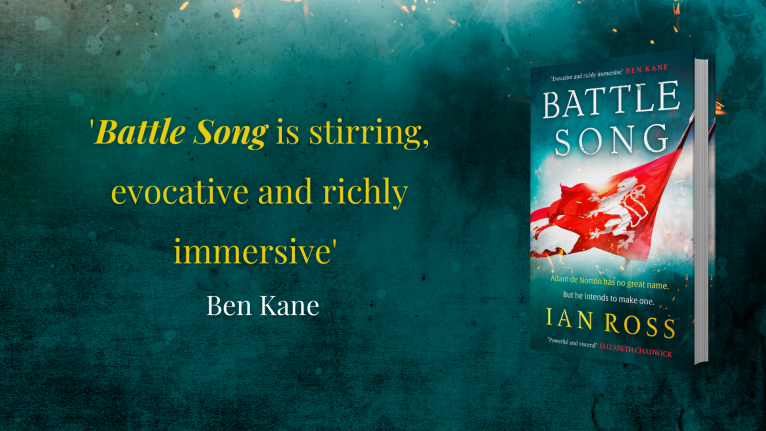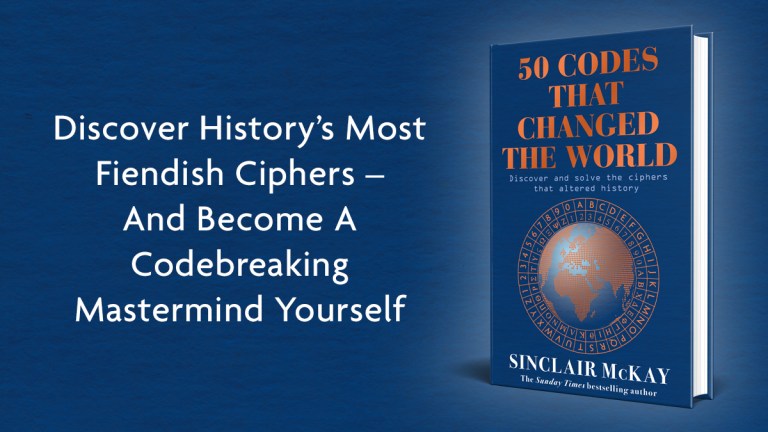A Q & A with Maggie O’Farrell to introduce HAMNET

What originally inspired you to write Hamnet?
When I was studying ‘Hamlet’ at school, my teacher mentioned in passing that Shakespeare had a son called Hamnet, who died several years before the play was written. I was immediately struck by the sad confluence of these names. What did it mean for a father to call a play after his dead son? And how might Hamnet’s mother have felt about it? I remember looking down at the cover of the play and covering the ‘L’ of the title with a finger. How easy it was to make ‘Hamlet’ read ‘Hamnet’.
This is a novel I’ve been wanting to write for over thirty years. I’ve always felt Hamnet’s story has been eclipsed, his short life relegated to a literary footnote. He gets very little mention in any of his father’s biographies; his mother has too often been inexplicably maligned and misrepresented.
With this book, I wanted to give voice to Hamnet and his mother and sisters, to imagine what life had been like in the glover’s house in Henley Street, and how the tragic events of August 1596 might have played out.
How long did it take you to research and write the book?
It’s hard to be specific as I’ve been mulling over this story for so long. I started this book many times over the years, doing some research and writing a chapter or two. But I would always swerve away and end up working on a completely different book. Once I’d committed to ‘Hamnet’, I wrote it in around three years or so. Some of the research was obviously very library based but I also did quite a bit of practical research too: I planted a medicinal herb garden, I learned to fly a kestrel, I went mudlarking in Tudor dumps along the Thames. I also went to Stratford-upon-Avon and took several tours of the Globe.
What did you learn that most surprised you during your research?
There were numerous surprises; we have so many preconceptions about Shakespeare and the times he lived in. I remember being shocked to learn that he would have had to walk from Stratford to London and that the journey would have taken four days. I had incorrectly and vaguely assumed there would be some sort of carriage service. I also loved the idea that the Globe performances would have been during the day because the actors needed the natural light.
Apart from the title character, who is your favourite character and why?
I really enjoyed creating the character of Hamnet’s mother. We are so accustomed to calling her ‘Anne Hathaway’ but her father’s will clearly names her as ‘Agnes’. That was an electrifying, defining moment in the writing of the book. In giving her what is presumably her birth name, I’m asking readers to discard what we think we know about her and see her anew.
Have you always had an interest in/passion for Shakespeare? Can you remember what first sparked your interest?
I was lucky enough to have some excellent and life-changing English teachers when I was at school. In my first year at comprehensive school, we were given Julius Caesar which, when I think about it now, is an audacious choice for 11-year-olds. I remember being told to not only write an essay on the ‘Friends, Romans, countrymen’ speech, but also to memorise it. I can still recall parts of it today. I was blown away by the unfamiliar language, its muscularity and sensitivity, and the way the crowd is turned by the power of speech. We went on to do Macbeth, then Romeo and Juliet, and then Hamlet, which got under my skin in a way no other play ever has. I am horrified and saddened that the curriculum in this country seems to have quietly dropped Shakespeare. Why why, why? It is so short-sighted and frustrating.
What is your favourite Shakespeare play and production?
It would have to be Hamlet. One of my favourite productions was the strange and surreal one-man version by Robert Lepage, called Elsinore. I was very struck by the Globe’s Macbeth last year. The candle-lit Sam Wanamaker theatre was perfectly evocative of draughty Scottish castles and Michelle Terry made an interesting Lady M: febrile and intelligent and pragmatic.
What’s next? Are you currently working on another book?
At the moment, I’m writing a picture book for children, about some creatures who live in a hill. Unbeknownst to me, my seven-year-old daughter was looking over my shoulder as I was going through the final version of Hamnet, and she said: ‘I don’t like this book, it’s much too sad. I want you to write a happy story next.’ So I’m doing as I’m told.
This Q & A was produced in conjunction with The Globe Theatre






